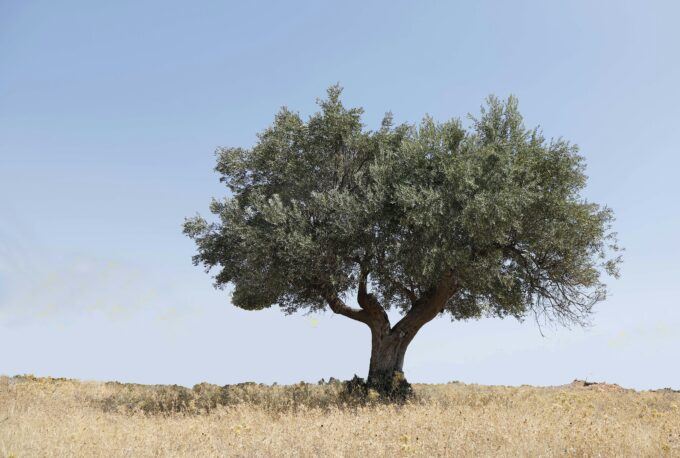April 10, 2025
Michael Morrill
In the fractured and scarred landscapes of Palestine, where the earth’s skin is etched with memories of violence, dispossession, and resistance, there lies an unspoken tragedy. An ecological tragedy. Beyond the suffocating walls of the occupation, beneath the rubble of homes and the twisting olive trees, there is a landscape slowly being strangled, not only by military might but by the relentless, invisible hand of environmental degradation. This is a tale not just of loss—of life and liberty—but of a land under siege, of natural resources turned into tools of war and power.
Michael Morrill
In the fractured and scarred landscapes of Palestine, where the earth’s skin is etched with memories of violence, dispossession, and resistance, there lies an unspoken tragedy. An ecological tragedy. Beyond the suffocating walls of the occupation, beneath the rubble of homes and the twisting olive trees, there is a landscape slowly being strangled, not only by military might but by the relentless, invisible hand of environmental degradation. This is a tale not just of loss—of life and liberty—but of a land under siege, of natural resources turned into tools of war and power.


